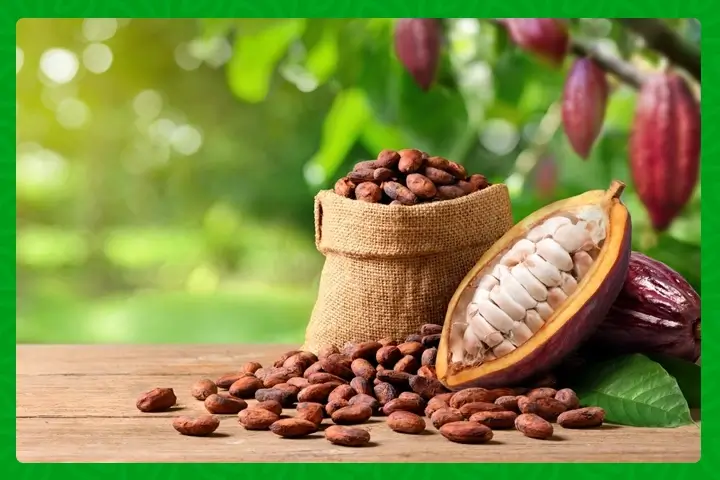
Ghana’s cocoa farmers have cause for celebration as the government announces a landmark 62.58 percent increase in the producer price of cocoa. From US$3,100 to US$5,040 per tonne, this bold move marks the biggest price rise in recent memory and underscores President John Mahama’s pledge to raise farmers’ share of export earnings to at least 70 percent of Free-On-Board value.
A Promise Kept: Putting Farmers First
At a press conference in Accra, Finance Minister Cassiel Ato Forson described cocoa growers as the backbone of Ghana’s economy. He explained that the new price aligns with the current FOB rate of US$7,200 per tonne, reflecting a blend of previously signed contracts at US$2,600 and forward sales forecasts. By channeling a larger share of export revenue directly into farmers’ hands, the government ensures that those who work tirelessly in the fields receive the rewards they deserve.
Translating Price Hikes into Prosperity
Last season, farmers received US$3,100 per tonne: 63.9 per cent of the US$4,850 FOB value. This year, the increase to US$5,040 per tonne elevates the farmer’s share to nearly 70 per cent. For a smallholder producing 10 tonnes of cocoa, this translates into an additional US$19,400 of income, money that can pay for school fees, healthcare, and household improvements. Families who once struggled to make ends meet can now plan for a more secure future.
Free Fertiliser Programme Reimagined
To complement the new pricing, the government has revived its free fertiliser programme. Cocoa farmers will receive not only fertilisers but also insecticides, fungicides, spraying equipment, and flower inducers. These inputs are designed to enhance yields, reduce losses, and improve bean quality. By lowering production costs and boosting output, the initiative will help farmers turn the price increase into lasting gains.
Securing Finance for a Sustainable Sector
Financing remains critical to keeping the cocoa value chain flowing. For the 2025/26 season, Ghana will continue to secure syndicated loans from international banks to fund cocoa purchases. This tried-and-tested model has underpinned the industry’s stability for decades. Minister Forson also stressed ongoing collaborations with the Ghana Cocoa Board (COCOBOD) to explore long-term financing strategies. These efforts aim to build a resilient sector that weathers global price fluctuations and climatic challenges.
Empowering Communities and Strengthening Rural Economies
Cocoa farming supports more than 800,000 households in Ghana’s rural heartlands. When farmers earn more, local economies thrive. Increased income means more spending on school supplies, better nutrition for children, and investments in farming tools and techniques. As families prosper, communities gain access to improved infrastructure; schools, clinics, roads, that lift everyone’s quality of life.
A Vision for the Future
This season’s price adjustment is more than a one-off boost. It signals a broader commitment to modernizing Ghana’s cocoa sector. By combining fair pricing, agricultural support, and sustainable financing, the government is laying the groundwork for a competitive, high-quality, and ethically sourced cocoa industry.
As the world’s demand for premium cocoa continues to rise, Ghana is well-positioned to meet that need with beans grown by empowered farmers. For the millions whose livelihoods depend on cocoa, the 62.6 per cent price increase is more than a statistic; it is a promise of prosperity and a testament to the value of putting people first.
Stay updated with the latest farming tips and agriculture industry news from Africa by subscribing to our newsletter. Don’t miss out on valuable insights and updates. Follow us on Twitter, LinkedIn, and Facebook to join our farming community and stay connected with us.


















